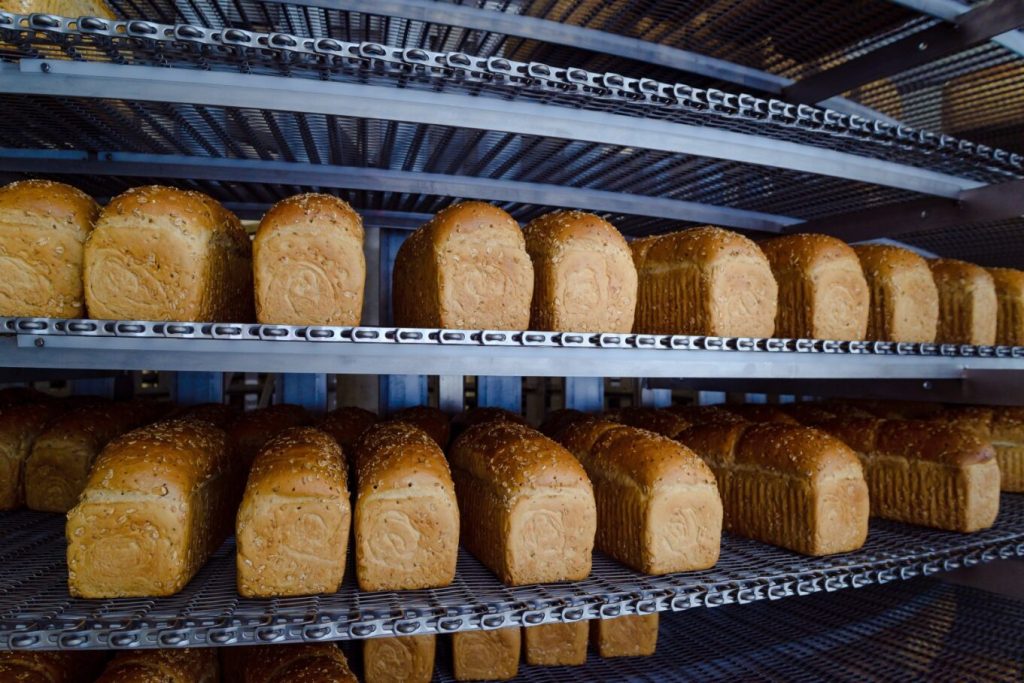
Cost Savings and Energy Efficiency
Monitoring energy use per batch allows bakeries to identify inefficiencies, enabling targeted actions to reduce waste and lower costs. By understanding peak and off-peak consumption, energy-intensive processes can be shifted to periods with lower tariffs, achieving significant savings. Detailed energy data supports optimization of specific processes like ovens and cooling systems, improving overall efficiency. Additionally, early detection of energy deviations facilitates preventive maintenance, extending equipment lifespan and avoiding unnecessary energy loss.
Benefits of Impact Tracking for Customers and Consumers
For Customers
Transparency and Insights: Retailers and supermarkets gain a clearer view of bread’s origins and production methods, enabling them to meet the growing demand for sustainable and locally produced food. Quality Assurance: Bakeries can guarantee consistent quality, ensuring their bread meets standards for taste, freshness, and sustainability. Sustainability as a Selling Point: Retailers can highlight sustainable practices as a unique selling proposition, catering to consumers willing to pay a premium for eco-conscious products.
For Consumers
Health Benefits: Consumers increasingly value bread’s health benefits, such as the role of fiber in digestion. Impact tracking helps emphasize these qualities, especially in wholegrain and sourdough breads. Sustainability and Environmental Impact: Bread is recognized as a sustainable food with a relatively small ecological footprint. Impact tracking enhances this image by providing transparency around sustainable bakery practices. Trust and Informed Choices: By offering more information about the sustainability and origins of bread, consumers can make better-informed decisions, fostering trust in the products they purchase.
Sustainability and Compliance
Efficient energy usage helps bakeries reduce CO₂ emissions, contributing to environmental sustainability and aligning with industry goals. Transparent sharing of energy data highlights commitment to sustainable practices, appealing to eco-conscious customers. Furthermore, energy monitoring ensures compliance with regulations by pinpointing areas for improvement, helping bakeries meet energy-saving obligations and adhere to legal standards.

Reducing the Food Waste
Impact tracking enables bakeries to monitor inventory levels and ingredient usage in real-time. This minimizes overproduction and waste, effectively lowering the bakery’s ecological footprint.
Optimizing Energy Consumption
By monitoring energy usage, bakeries can identify and address inefficiencies. This reduces CO₂ emissions and supports the industry’s energy transition. Innovations like heat recovery systems are increasingly adopted to further enhance energy savings.
Responsible Use of Resources
Impact tracking facilitates better management of raw material usage, fostering more sustainable production practices. This includes sourcing sustainably grown wheat and other eco-friendly ingredients.
Transparency and Accountability
Impact tracking allows bakeries to be more transparent about their sustainable practices, which is crucial for consumers and regulators. This transparency can improve customer engagement and ensure compliance with sustainability guidelines.
